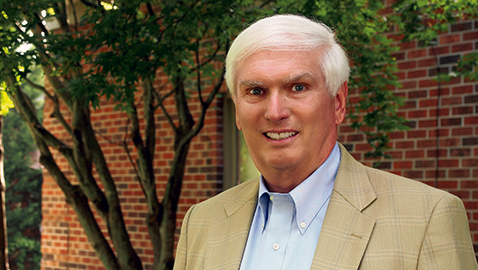By John J. Duncan Jr.
Richard Nixon was probably the most hated man in American politics until Donald Trump was elected president.
Yet, like Trump, Nixon was also loved by millions, and the last time he ran for election, in 1972, he won Tennessee overwhelmingly, 813,000 to 357,000.
And because Nixon’s life had so many peaks and valleys, so many great victories and great defeats, his life should be inspirational even to those who hated him or at least to anyone who has been knocked down by life.
Pat Buchanan wrote a book about Nixon entitled “The Greatest Comeback” and Nixon always came back. He was a fighter to the end.
My favorite quote is one attributed to Theodore Roosevelt called “The Man in the Arena.” It is about a man “who strives valiantly; who errs, who comes short again and again.”
But he is a man “who knows the great enthusiasms, the great devotions; who spends himself in a worthy cause; who at the best knows in the end the triumph of high achievement, and who at the worst, if he fails, at least fails while daring greatly, so that his place shall never be with those cold and timid souls who neither know victory nor defeat.”
Nixon certainly lived his life in the arena and exemplified everything in Theodore Roosevelt’s quote.
He lost such a close election in 1960 that many people thought he could have successfully contested the results. Even the Kennedys were surprised he did not do so, but Nixon thought it would be bad for the country if he had.
He then suffered a humiliating defeat for Governor of California in 1962. No one would have believed that he would be elected as president just six years later.
I gave up a very good job as a judge to run for Congress mostly because of the inspiration of kind and loving parents who always pushed me to do more, work harder, and try to get better.
But I also have read and re-read and been inspired by words Nixon wrote many years ago:
“when he looks back on life, he has to answer the question: did he live up to his capabilities as fully as he could, or were only part of his abilities ever called into action.”
I knew that if I could be elected to Congress, I would have a more challenging job and more opportunities to help people than as a judge.
Nixon wrote; “One man may have opportunities that others do not. But what counts is whether the individual used what chances he had. Did he risk all when the stakes were such that he might win or lose all….? A man who has never lost himself in a cause bigger than himself has missed one of life’s mountaintop experiences.”
Even after being forced to resign as president in 1974, Nixon came back. He wrote several highly-acclaimed books, became our most-knowledgeable expert on foreign policy and met with and was respected by leaders all over the world.
And he never gave up.







